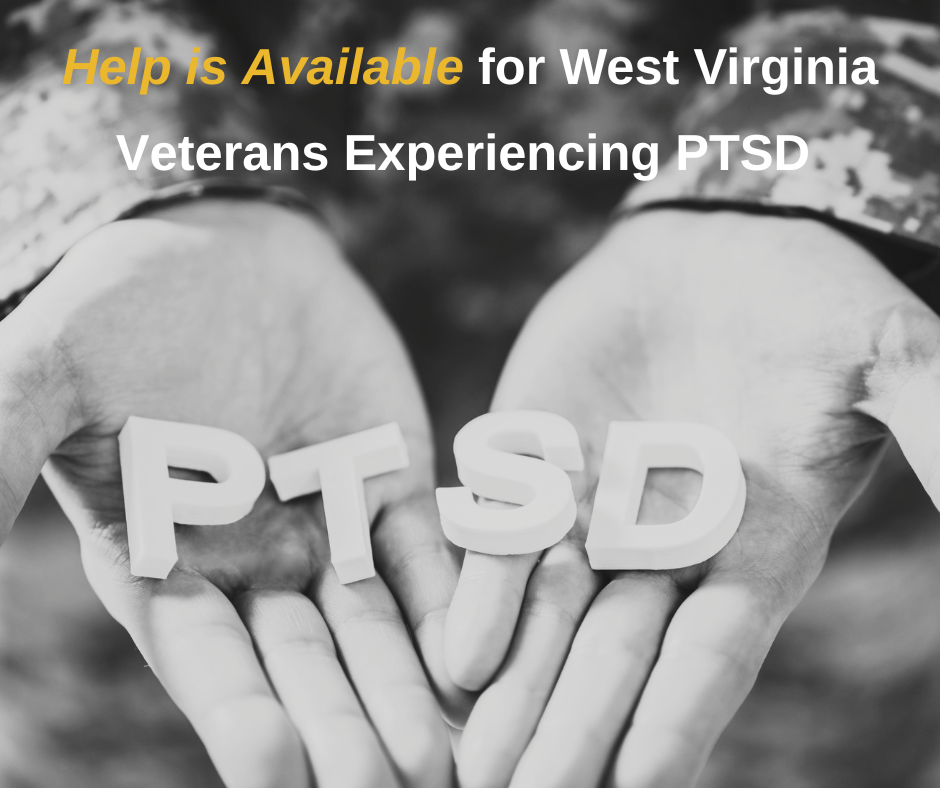
June is National PTSD Awareness Month

Post-Traumatic Stress Disorder (PTSD) impacts approximately 8 million Americans nationwide. This mental health condition can be triggered by experiencing or witnessing a traumatic event or experience, and PTSD impacts thousands of veterans of all generations. In recognition of this condition, June has been named PTSD Awareness Month.
According to the American Psychiatric Association (APA), “PTSD has been known by many names in the past, such as “shell shock” during the years of World War I and “combat fatigue” after World War II, but PTSD does not just happen to combat veterans. PTSD can occur in all people, of any ethnicity, nationality or culture, and at any age. PTSD affects approximately 3.5 percent of U.S. adults every year. “
Although PTSD is common among veterans, many do not receive the necessary treatment. To help reach as many people as possible, the United States Senate declared June to be PTSD Awareness Month in 2014. This designation helps raise awareness of the mental health condition and showcase available treatments.
PTSD can develop at any age, and what happens after a traumatic event can also affect the onset of PTSD. Common symptoms typically fall into one of four categories, according to the APA. These symptoms include intrusive thoughts, avoidance, changes in cognition and mood, and changes in arousal and reactivity. Stress can make PTSD symptoms more likely, while receiving social support can make symptoms less likely. Knowing what resources are available and how to obtain them is critical to successfully cope with these issues.
PTSD Treatment Options and Resources
PTSD can be treated. The VA can offer advice on picking a therapist and provide a veteran or a loved one with a list of veteran-specific programs and strategies to cope. The VA also provides resources for families and friends of veterans on how to help those facing PTSD. Additional resources are available at https://www.ptsd.va.gov.
The National Center for PTSD is available to help veterans experiencing a crisis, including flashbacks, high anxiety, reoccurring thoughts of the event, and suicidal thoughts. These resources include the National Suicide Prevention Lifeline (1-800-273-8255) and the Veterans Crisis Line (1-800-273-8255 and press 1 or text 838255).
PTSD may be more common than you believe. According to the U.S. Department of Veterans Assistance, approximately 11-20 percent of veterans who served in Operation Iraqi Freedom and Operation Enduring Freedom suffer from PTSD at any given time throughout the year. Approximately 12 percent of the veterans who served in the Gulf War suffer from this mental health condition, as do about 15 percent of the veterans who served in the Vietnam War.
Awareness of PTSD and its effects is the first step in treating it. If you believe that you or a loved one may be suffering from PTSD, reach out to your local benefits office for information on where to go for assistance in recovery. You can find your local benefits office here: https://veterans.wv.gov/field-office/Pages/default.aspx.

